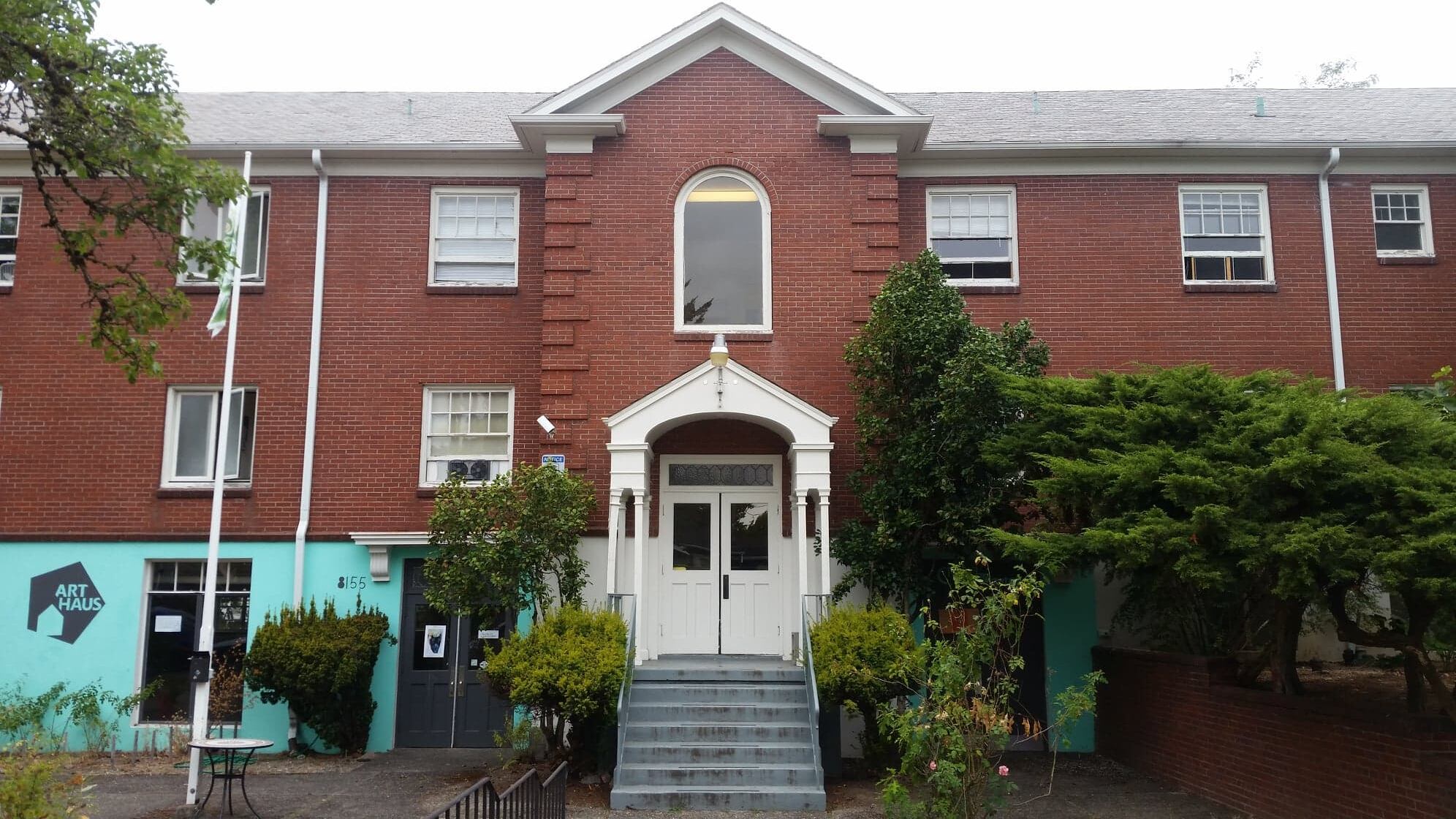A decade ago, Milepost 5 represented a bright spot in a city that was beginning to see the cost of rent skyrocket.
The live-work project on Southeast 82nd Avenue, championed by then-Mayor Sam Adams, was an affordable housing enclave for artists facing displacement. Earlier this year, the complex was purchased by an affordable housing developer, Community Development Partners, and residents hoped that meant housing security.
But the developer plans to push out artists who make too much money to qualify for government subsidies. (They also plan to raise the rent, though it's not clear by how much.)
Community Development Partners told residents it wasn't planning to pay the moving costs required under Portland's relocation ordinance. But it reversed that decision after being contacted by WW late Wednesday.
Residents remain frustrated.
“Because this community was started by Mayor Sam Adams to keep artists in Portland, and allow them an affordable place, I think it’s important that everyone pays attention to any owner that plans to continue that intention,” says sculptor Even Wellington, who has lived at the site for eight years and is an organizer with Portland Tenants United. (He pays $500 a month for his room that has a bathroom but not a kitchen.)
"Displacing people with manipulation, depriving people of relocation assistance and not giving them what they are afforded under the law is not a good way to begin an affordable housing transition," adds Wellington, who is working to form an Milepost 5 tenants association to ensure relocation payments get made to anyone is displaced.
Community Development Partners' development manager Rich Rodgers tells WW that this is the first time the developer has dealt with the relocation ordinance—and after being contacted by WW last night, the leadership of the organization agreed to pay moving costs for anyone who would be required to move out. But they continue to maintain they're not technically required to.
"It's not without hiccups, but we're trying to minimize disruption wherever we can," says Rodgers. "This is the first time we've worked through the mechanics of it. We are going to honor the spirit of the relocation ordinance."
About 10 of the building's more than 100 residents will not be able to continue to live in the complex because of federal income requirements, which may also prohibit students from living there. And despite pledges not to raise the rent, as reported by Oregon Public Broadcasting earlier this year, the developer plans to raise the rent to cover cost of some repairs. (The developer has not committed to pay relocation costs in that case, but says that they expect the maximum rent on single rooms with no kitchen or bathroom to be $510.)
"We're trying to keep it as affordable as possible," says Rodgers. "It needs some work."
The launch of Milepost 5 in 2007 came with unexpected problems: a delayed opening to the 127 studio apartments and 54 condos. Then there were complaints about the way common kitchens and other spaces were maintained, OPB reported earlier this year.
CDP bought the building earlier this year. And it now plans improvements. But it also is seeking federal tax credit—which means its residents must make less than 60 percent of median family income.
The developer hired a consultant, who at a July 10 meeting told tenants that some of them had to go—and relocation payments would not be offered. Instead, they'd give $600 if tenants moved out now.
"I am responsible for helping with relocation once the project has been funded," housing and relocation consultant Darcy Vincent tells WW. "I will help with scheduling movers if residents need to have personal possessions moved to facilitate construction or to help identify replacement housing options if they request assistance. I don't have the answers to the questions asked."
The developer continues to maintain the complex is not subject to the city law on relocation, because affordable housing is exempt under some circumstances. But advocates say that doesn't make sense: The building isn't currently regulated affordable housing.

